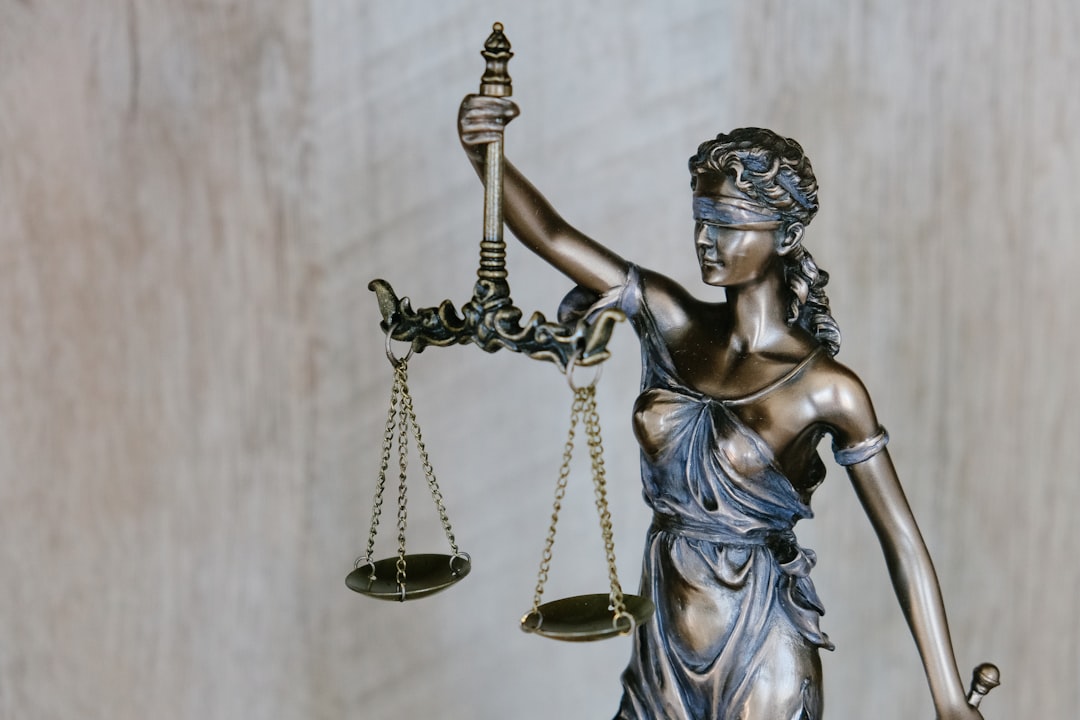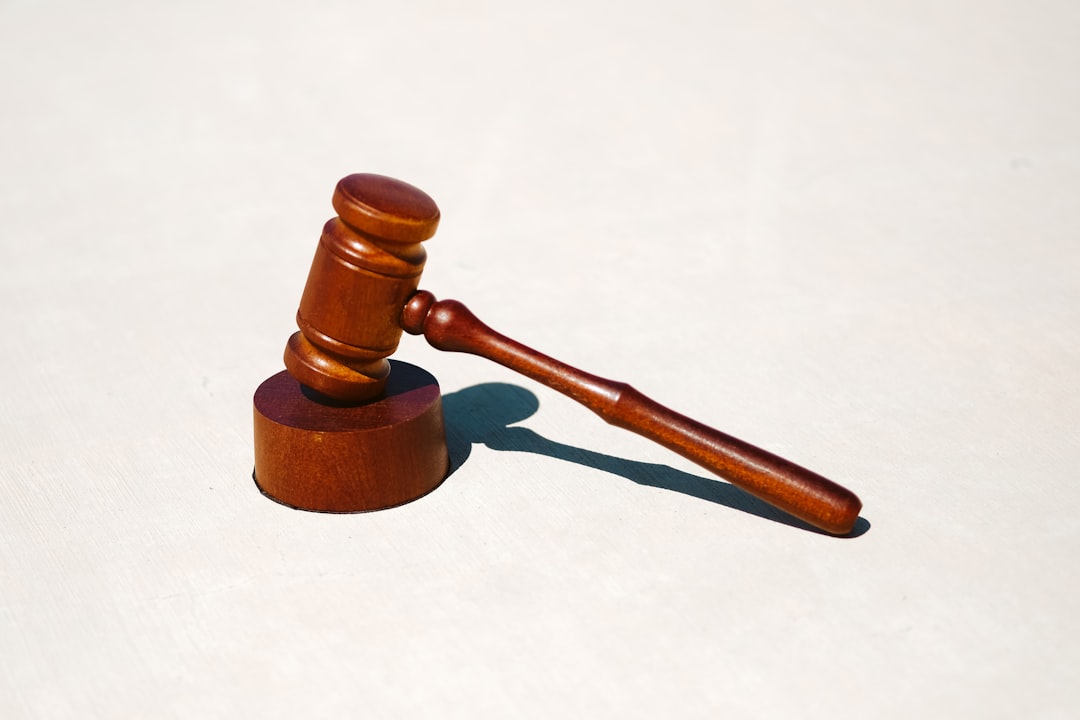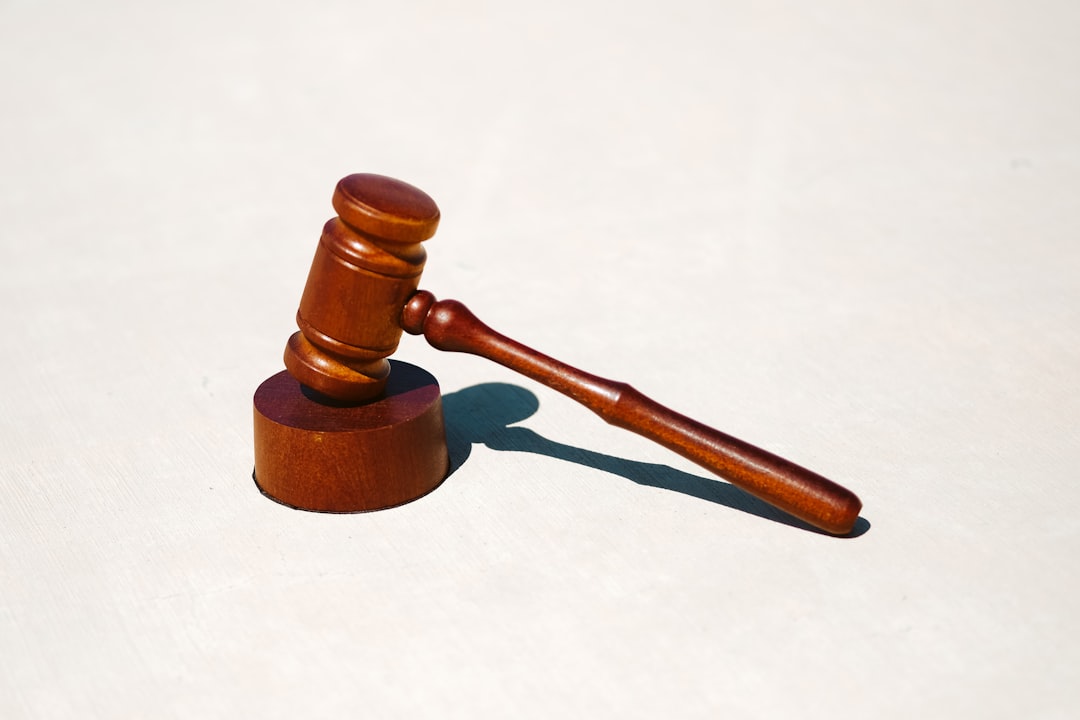In Arkansas, protecting students from sexual abuse is a paramount concern. If you suspect or have experienced sexual misconduct within an educational institution, understanding your rights under Arkansas laws against school sexual abuse is crucial. This article guides parents and survivors through the process, offering insights on reporting, legal support with a school sexual abuse lawyer Arkansas, and available resources. By understanding your options, you can take proactive steps to ensure justice and healing.
Understanding Arkansas Laws Against School Sexual Abuse

In Arkansas, school sexual abuse is taken very seriously. Laws have been established to protect students and hold perpetrators accountable. If you or someone you know has experienced sexual abuse within a school setting, understanding your legal rights is crucial. A school sexual abuse lawyer in Arkansas can provide guidance on navigating these complex laws and ensuring that justice is served.
The state’s legislation includes specific provisions for preventing and addressing sexual misconduct involving students. These laws not only define what constitutes inappropriate behavior but also outline the responsibilities of educational institutions to create safe environments. A qualified attorney specializing in school sexual abuse cases can help victims understand their options, including filing civil lawsuits against both the perpetrators and the schools that failed to protect them.
What to Do If You Suspect Child Sexual Misconduct

If you suspect child sexual misconduct in an Arkansas school, it’s crucial to act swiftly and responsibly. The first step is to report the suspected abuse to local law enforcement or child protective services immediately. This initial report should include detailed information about the incident(s), the individuals involved, and any evidence you may have. A school sexual abuse lawyer in Arkansas can guide you through this process, ensuring your rights are protected and that all necessary steps are taken.
Next, it’s essential to gather as much evidence as possible. This can include documents, photographs, or witness statements. Keep detailed records of any communication with schools, law enforcement, or social services regarding the case. A school sexual abuse lawyer in Arkansas can help you organize this information and explain your legal options. They will fight for justice and seek compensation on behalf of the victim to ensure they receive the support and resources needed for healing.
The Role of Legal Experts in Navigating These Cases

When faced with a school sexual abuse case, the role of legal experts is indispensable. A dedicated school sexual abuse lawyer Arkansas possesses a deep understanding of state laws and regulations pertaining to child protection and educational institutions. They navigate complex legal landscapes, ensuring that victims’ rights are upheld and that all parties involved are held accountable under the law.
These professionals guide clients through every step of the process, from filing initial complaints to representing them in court. Their expertise includes gathering evidence, interviewing witnesses, and negotiating settlements or preparing for trials. Ultimately, they play a crucial role in achieving justice for victims and promoting safer learning environments within Arkansas schools.
Support and Resources for Survivors of School Sexual Abuse

For survivors of school sexual abuse in Arkansas, seeking legal support is a crucial step towards healing and justice. It’s important to note that there are dedicated professionals who can offer guidance and representation tailored to their unique circumstances. A school sexual abuse lawyer Arkansas specializes in these cases and understands the complexities involved. They provide not only legal counsel but also emotional support, ensuring survivors feel heard and empowered throughout the process.
Resources for survivors extend beyond legal aid. Support groups, counseling services, and community organizations dedicated to child safety play a vital role in their recovery. These networks offer safe spaces for sharing experiences, accessing resources, and connecting with others who have faced similar traumas. In light of the above, it’s crucial for survivors to remember that they are not alone and that help is available.





